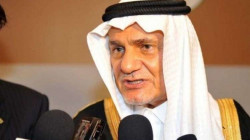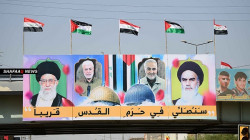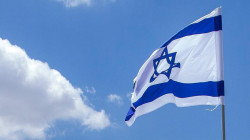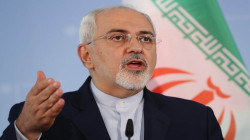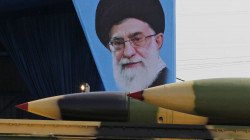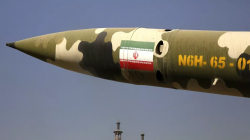Iran's supreme leader downplays impact of attack on Israel
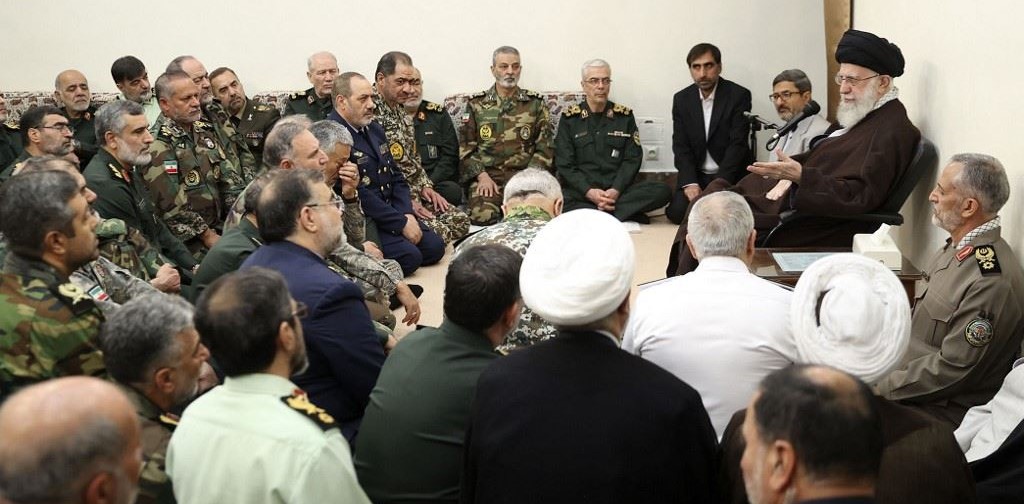
Shafaq News/ Iranian Supreme Leader Ayatollah Ali Khamenei dismissed speculation about the effectiveness of Tehran's recent drone and missile attacks on Israel on Sunday.
This indirect acknowledgment suggests that despite the scale of the assault, only a few projectiles reached their intended targets.
Speaking before senior military officials, Khamenei did not address the reported Israeli retaliatory strike on Isfahan, which occurred on Friday.
Despite Iran activating air defenses and grounding commercial flights across a significant part of the country, this topic was not mentioned in his remarks.
Analysts believe that both Iran and Israel, regional archrivals locked in a shadow war for years, are trying to reduce tensions following a series of escalatory attacks.
This comes as Israel's conflict with Hamas in the Gaza Strip continues to inflame the wider region.
Khamenei, 85, made the comments in a meeting attended by the top ranks of Iran's regular military, police and paramilitary Revolutionary Guard.
"Debates by the other party about how many missiles were fired, how many of them hit the target and how many didn’t, these are of secondary importance," Khamenei said in remarks aired by state television.
"The main issue is the emergence of the Iranian nation and the Iranian military’s will in an important international arena. This is what matters."
Iran launched hundreds of drones, ballistic missiles and cruise missiles in the April 13 attack, seeking to overwhelm Israel's air defenses.
This was the first attack on Israel by a foreign power since Iraqi dictator Saddam Hussein launched Scud missiles at Israel in the 1991 Gulf War.
However, Israeli air defenses and fighter jets, backed by the U.S., the United Kingdom and neighboring Jordan, shot down the vast majority of the incoming fire.
Satellite images analyzed Saturday by The Associated Press (AP) showed that the Iranian attack caused only minor damage at the Nevatim air base in southern Israel.
This included taking a chunk out of a taxiway that Israel quickly repaired.
Iran's attack was in response to a suspected Israeli strike on April 1 targeting a consular building next to the Iranian Embassy in Damascus, Syria, which killed two Guard generals and others.
"Today, thanks to the work done by our armed forces, the Revolutionary Guard, the army, the police, each in its own way, praise be to Allah the image of the country around the world has become commendable," added Khamenei, despite Iran facing public anger over its economy and crackdowns on dissent.
Observers suggested the absence of more threats from Iranian officials looked like an attempt to avert a broader conflict.
"How many missiles were launched and how many of them hit their target is not the primary question. What really matters is that Iran demonstrated its willpower during that operation," Khamenei said on April 21, according to official media.
But he encouraged Iran's military to "ceaselessly pursue military innovation and learn the enemy's tactics."
April 19 marked the 85th birthday of Khamenei, who holds final say on religious and political affairs in Iran.
Iranian state media quoted officials in Tehran as saying the explosions were caused by air-defense systems that shot down three drones.
Israel has not commented on the report.
Reuters, citing three sources familiar with the matter, reported that Israeli Prime Minister Benjamin Netanyahu's war cabinet initially approved plans for a strike inside Iranian territory to respond forcefully to Tehran's April 14 missile and drone strike but backed off at the last minute.
The Reuters report said Netanyahu faced cabinet divisions and strong warnings from allies -- including Washington -- not to escalate matters, leading to two postponements of the limited strikes that eventually were launched.
Speaking at a mosque on April 19, President Ebrahim Raisi didn't mention the attack near Isfahan.
Tehran launched more than 300 drones and missiles at Israel in the early morning hours of April 14, almost all of which were shot down by Israeli defense systems, along with intercepts by forces from the United States, France, Britain, and Jordan.
The attack by Tehran had been widely anticipated in Israel following a suspected Israeli air strike on the Iranian Embassy compound in Syria on April 1 that killed two brigadier generals.
Since then, diplomats and politicians around the world, fearing another major escalation of fighting in the Middle East, had urged restraint as they awaited Israel's response.
U.S. President Joe Biden has not made any statement about the alleged Israeli attack.
The International Atomic Energy Agency (IAEA) said it had seen no damage to Iran's nuclear sites. One of Iran’s top nuclear facilities, the installation at Natanz, is located in central Isfahan. "IAEA can confirm that there is no damage to Iran’s nuclear sites," the UN nuclear watchdog said in a post on X, formerly Twitter.
Israel and Iran have been bitter enemies for decades, but this was the first direct attack by one on the other's soil instead of through proxy forces or by targeting each other's assets operating in third countries.
